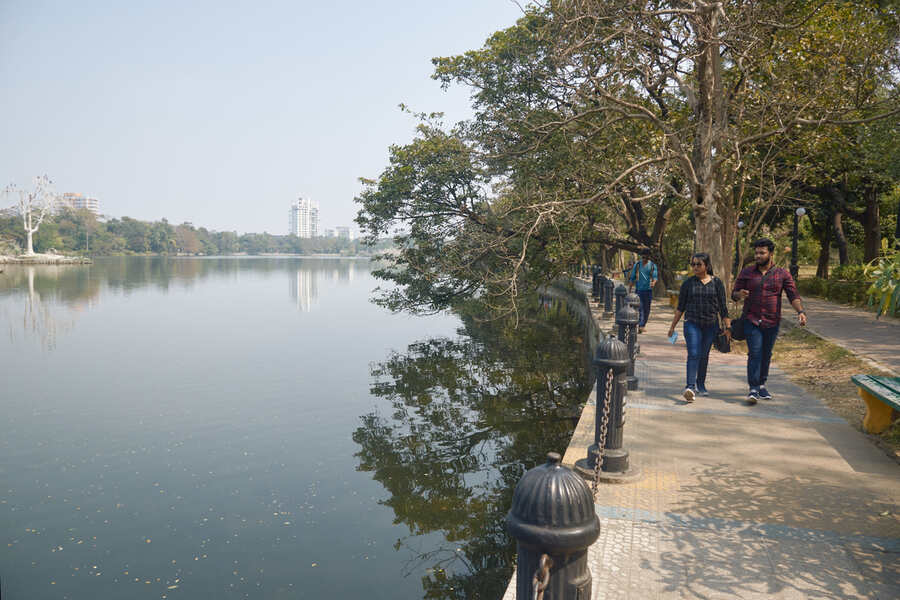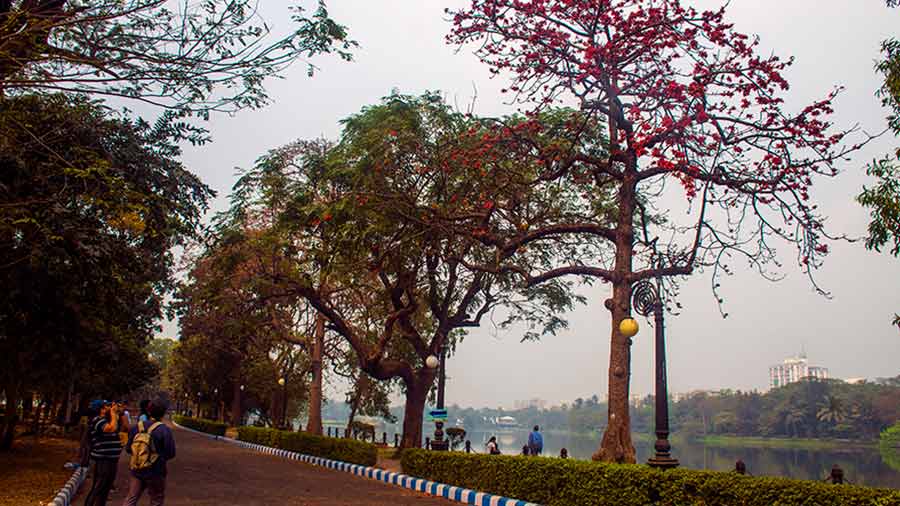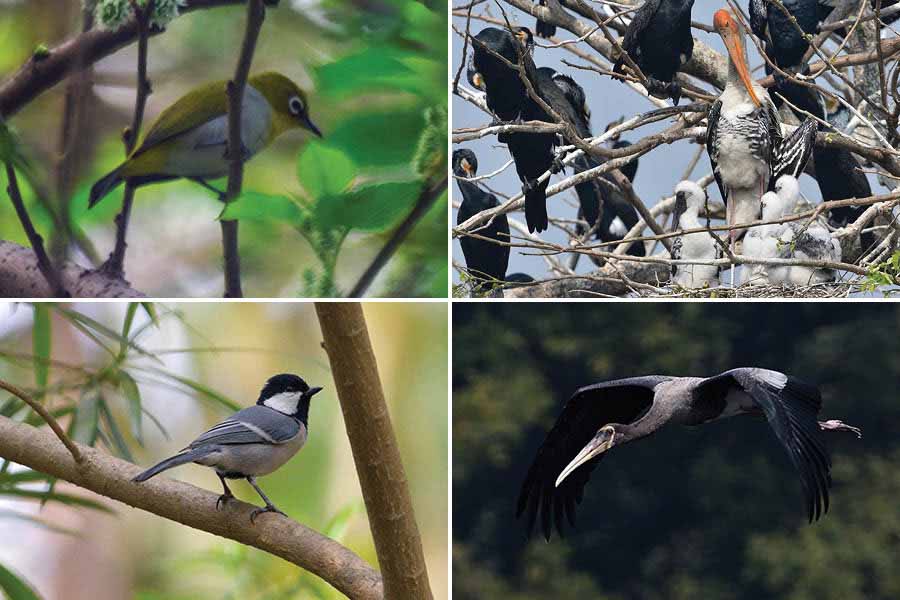The Supreme Court has reimposed ban on pollution-causing religious activities within Rabindra Sarobar, a waterbody of national importance that acts as the green lungs of south Kolkata. The order has effectively cancelled out a National Green Tribunal order passed in May 2023 that allowed ‘havan’ within the green expanse.
Environmentalists have repeatedly been claiming that Hindu rituals such as ‘havan’ (yagna) possibly trigger spurt in air pollution in the Dhakuria Lake area, thus badly affecting its environment and biodiversity.
The order, for all practical purposes, has restored the blanket ban on all religious activities that cause pollution within Rabindra Sarobar, as mandated by National Green Tribunal’s order passed in November 2017. The concerned government report had pointed out that performing Chhath Puja within Rabindra Sarobar badly affected its pristine environment and biodiversity.
“It is a landmark direction to save Rabindra Sarobar’s environment, which are the green lungs of south Kolkata. The court feels that once a religious activity gets permission to be practised, others would follow suit and the national lake would have damaged beyond repair,” said environment activist Subhas Datta, who moved the apex court on the issue.
Apex court intervention
On March 19, a two-member bench of Supreme Court expressed its reservation on a judgment passed by the eastern zone bench of the National Green Tribunal on May 23, 2023, that allowed ‘havan’ within Dhakuria Lake, and directed petitioner and green activist Subhas Datta to approach the tribunal afresh if he comes across any religious activity causing pollution and environmental degrade within Rabindra Sarobar. It also asked NGT to consider the issue notwithstanding its 2023 order.
“Though we have some reservation on the observations made in the paragraphs 3 and 4 of the expunged judgment, we are not inclined to issue notice, and leave it open to the appellant Subhas Datta to approach the National Green Tribunal in case he comes across any activity including religious activity, which causes pollution and environmental damage,” stated the bench comprising Justice Sanjib Khanna and Justice Dipankar Datta in its order.
The NGT, on being approached, said it would examine the contentions of the appellant – Subhas Datta, notwithstanding any observation made in the expunged judgment dated 23.05.2023” further reads the order, a copy of which is with The Plurals.
The referred paragraphs 3 and 4 in the NGT’s May 23, 2023 judgment, passed by its principal bench, have mentioned that havan “cannot in any manner affect the lake or its surroundings” and observed that “havan smoke kills bacteria” referring to findings of the National Botanical Research Institute.
Blanket ban effectively ‘restored’
“The latest apex court order has effectively restored the NGT’s blanket ban order in 2017 on any activity, including religious ones, causing pollution within Rabindra Sarobar. I will move the NGT, as advised by the Supreme Court, if any effort is made to organise havan or any such activity within the Lake area that causes pollution or environmental degradation,” Datta told The Plurals on Monday.
In November 15, 2017, an eastern zonal bench of NGT directed a blanket ban stating “ … Performance of any Puja, community picnic or organisation of other social events in and around the Rabindra Sarobar Lake shall be strictly prohibited”.
The order was passed on the basis of an expert committee report that observed that such activities impact the environment and biodiversity within the lake compound; and recommended a ban on those.
“We will decide on our course of action once our lawyers study the order and advise us accordingly,” said a member of the group that got the ‘havan’ order from NGT in 2023 in context to an event organised within the Lions Safari Park within Rabindra Sarobar.
“It’s good that apex court has passed this order to protect the lake from environmental degradation; but the fact remains that several clubs have been regularly organising high decibel and strongly illuminated events regularly affecting its environment and biodiversity; which need to be stopped at the earliest,” said environmentalist and a Lake regular, S.M. Ghosh.



